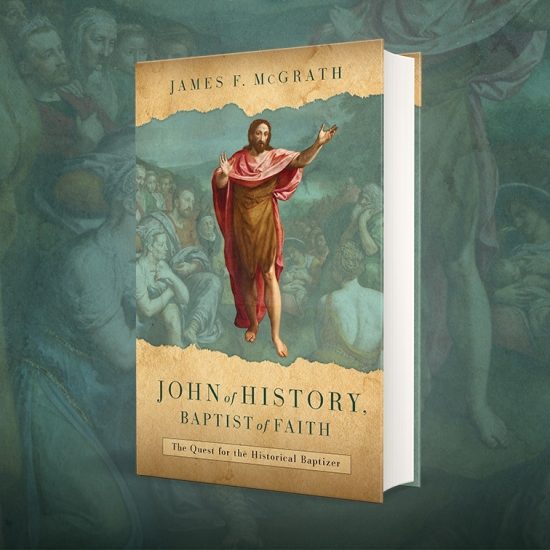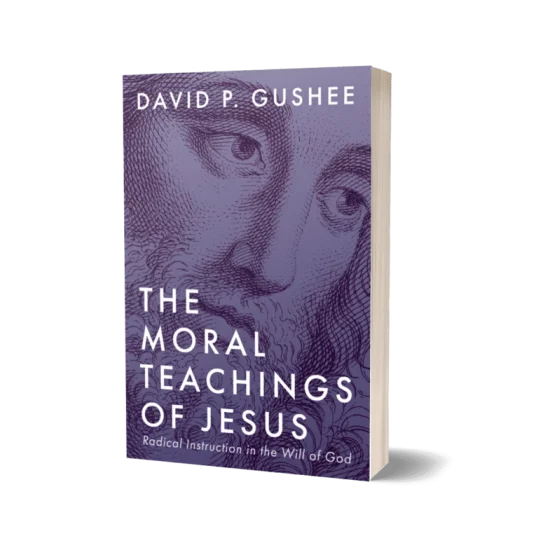By Bill Webb, Word&Way Editor
A local expert on birds noted in an evening news interview a few days ago that the upcoming winter season in Missouri would be tougher than usual for non-migratory birds. Naturally occurring fruits and nuts simply will not be in plentiful supply for our feathered friends this year, he predicted. He urged people who normally fill bird feeders to take note.
 The Bible reminds us that bird lovers are not alone in their concern for these creatures. In Luke 12:6, Jesus asks the rhetorical question, “Are not five sparrows sold for two farthings, and not one of them is forgotten before God?” (KJV)
The Bible reminds us that bird lovers are not alone in their concern for these creatures. In Luke 12:6, Jesus asks the rhetorical question, “Are not five sparrows sold for two farthings, and not one of them is forgotten before God?” (KJV)
Even so, the main point of this verse is to set up the next one — verse 7. A crowd of several thousand people were gathered around Jesus, but these verses appear to be addressed specifically to Jesus’ disciples and God’s desire to protect them from those who sought to intimidate them — or even hurt them — as they practiced their faith.
“But even the very hairs of your head are all numbered,” He said in Luke 12:7. “Fear not therefore: ye are of more value than many sparrows” (KJV). The message was clear. To amplify: “God loves you more than anyone could imagine, and He has His mighty hand upon you.”
Jesus’ words in Luke suggest that feeding the birds this winter is a good thing. After all, He has His eye on the sparrow.
But the evidence in Scripture is that God cares so much for his human creation that He keeps an accurate count of the hairs on each head. His concern is constant. The number of hairs changes throughout the day and from day to day for most of us. He keeps His eye on us continually.
The modern-day Christmas season can distract us from God’s priorities. Since before Halloween, retailers have been promoting Christmas shopping. Newspapers are packed with ads and inserts, and broadcast media are packed with commercials. Everything from moderately useful items to knick-knacks can be had, often for a steeply discounted price.
Shoppers have learned to check return policies; a lot of this “stuff” will be coming back. (The wise among us will avoid showing up in most stores the day after Christmas.) We feel the need to buy knowing full well that our gifts may not be useful or fully appreciated.
But back to Luke 12:6-7.
During the Christmas season, many groups and organizations reach out to people who are hungry, ill, disabled, lonely, depressed, grieving, addicted or going through one of a hundred other difficulties. They will do so because people are important to God.
Our biggest challenge is to be discerning when settling on our support of these charitable causes. It is a comfort to know that our churches help most of us respond to specific community, nationwide and worldwide causes with confidence that we are being wise stewards.
Learning to balance gifts to loved ones with benevolent and evangelistic outreach locally and beyond may require venturing back to the very first Christmas.
In sending Jesus as the original gift, God gave Himself to the world in a very new way. He became a human with all the constraints and with all the freedom of humanity, in every case trying to accomplish God’s will in the lives of people.
The original Gift came to people in bondage.
The first Gift was given to people who were blind, deaf, lame or plagued by some other malady.
The Gift came to those ostracized because they were seen as a danger to others and perhaps themselves.
The Gift reached out to those were snubbed from religious functions and from a relationship with God.
The Gift sought out poor and hungry families and unemployed parents.
The Gift confronted nasty attitudes and bad behavior, both institutional and personal.
The Gift reached out to say: “Come unto Me, all ye that labour and are heavy laden, and I will give you rest. Take My yoke upon you, and learn of Me; for I am meek and lowly in heart: and ye shall find rest unto your souls” (Matthew 11:28-29, KJV).
The example of Jesus remains instructive. Our communities and our world are filled with people in bondage, the disabled, the ostracized, those without a relationship with Christ, the poor and hungry, and people victimized by injustice.
We know what Jesus did. Is it so difficult to determine God’s will for His children in the 21st century?






